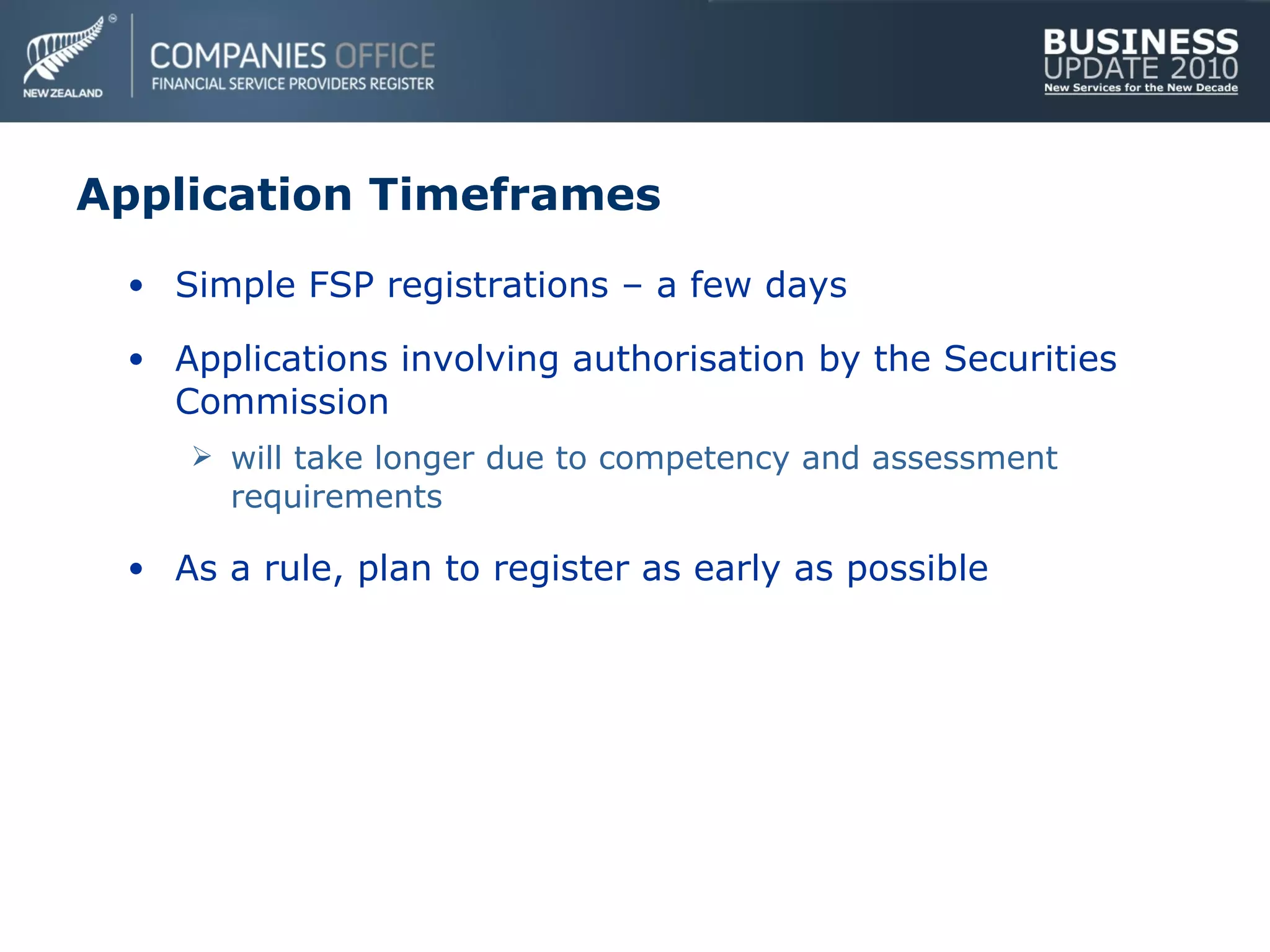
The adult platform OnlyFans is set to initiate criminal background checks for creators in the U.S., as revealed by its CEO, Keily Blair, on LinkedIn. The AI-driven screening tool has generated some debate. Creators looking to upload content on OnlyFans must already submit various forms of personal identification, including a government-issued ID and banking details. Now, U.S. performers will also be required to complete a criminal background check through the screening service Checkr.
“Checkr, Inc. assists OnlyFans in preventing individuals with a criminal conviction, which could affect our community’s safety, from registering as Creators on OnlyFans,” Blair shared on LinkedIn. According to Checkr’s website, 99 percent of its background checks are automated following data collection, with human quality assurance in place.
The screening service, also utilized by gig economy companies like Uber and DoorDash, has been subject to numerous lawsuits from 2015 to 2020, based on an archived 2020 Protocol article. These lawsuits, filed under the Fair Credit Reporting Act (FCRA), claimed that Checkr committed errors such as inaccurately reporting crimes and highlighting old criminal records.
In 2022, Checkr was mentioned in another lawsuit alleging that it and Uber did not adequately screen drivers using stolen identities. A 2023 lawsuit alleged that Checkr’s “quick checks” failed to reveal a DoorDash driver’s criminal past.
Neither OnlyFans nor Checkr has replied to Mashable’s inquiry for comments.
Last month, Pornhub also declared its plan to implement criminal background checks for both existing and new content partners (studios, not individual creators).
Keily Blair from OnlyFans and representatives from Pornhub both indicated that this action was taken to improve safety on their platforms. This development occurs as the adult industry encounters heightened legislative attention in the U.S. and internationally, with age-verification laws demanding rigorous age checks to prevent minors from accessing their platforms, despite research indicating that age verification may be ineffective.